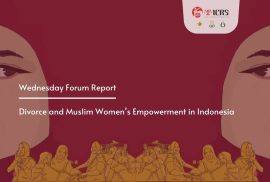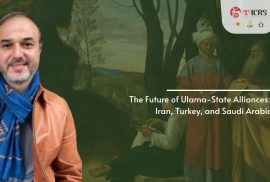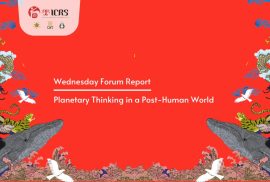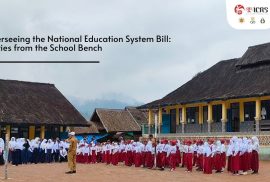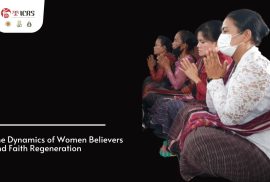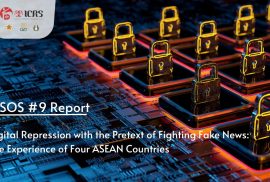Written by Jekonia Tarigan
Marriage is central to Indonesia’s social fabric and critical in defining socially legitimate relationships. However, marriages often face the threat of divorce due to various factors.[i] As a Muslim majority country, the Indonesian state’s marriage legislation concerns various aspects of classical Islamic law that have the potential to adversely impact women in the realm of divorce. Muslim family law is a crucial determinant of women’s rights in many Muslim settings. Muslim family law is commonly interpreted to stipulate a family structure in which husbands are breadwinners and household leaders, while wives are responsible for the domestic realm and may be expected to obey their husbands. However, the norms and practices in majority Muslim societies have changed, with increasing numbers of women pursuing higher education and careers. Interestingly, today, divorce cases are increasing in Indonesia.

